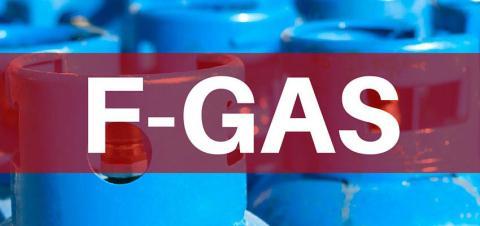AREA, the European association of refrigeration, air conditioning and heat pump (RACHP) contractors, is concerned by the European Parliament’s position on the revision of the F-gas Regulation adopted on 30 March. Accelerating the phase-down of hydrofluorocarbons would jeopardise the deployment of heat pumps, undermining the REPowerEU targets and weakening the EU’s climate and energy security ambitions.
AREA members fully support an ambitious transition to climate-friendly alternatives to f-gases, yet the timing needs to be aligned with market and technological realities and cannot lead to safety issues.
Training and certification will be required to avoid accidents, injuries and fatalities involving systems with alternative greenhouse gas refrigerant systems. All alternative refrigerants present safety issues, many of which are flammable. Therefore, we are pleased to see that the proposal to extend the current F-Gas training and certification scheme to alternative refrigerants was adopted with broad support. However, ensuring the widespread of training and certifications for those refrigerants will require time in Europe but also in developing countries.
It must be remembered that the EU Regulation on F-gas is widely recognised as the gold standard globally. In July, a global competence training and certification scheme as part of a United Nations Environment Programme RDL (Refrigerant Drivers Licence) project will be launched; it has taken 10 years to develop and deliver. We have already seen fatalities in Africa last year which were the result of mishandling flammable gases. Rolling this programme out globally as soon as possible will benefit all concerned - not just the technicians but their customers and members of the public. But it will take time to get the technicians up-skilled, certified and able to work safely with the new generation of refrigerant gases.
We also regret that the importance of extending periodical inspections and leak checks to prevent safety risks on technicians, personnel and end-users has not been recognised. Since they were introduced in the 2006 F-Gas Regulation, leak check requirements have proven to be effective and efficient, bringing lower leakage rates with positive climate and energy consumption impacts. Regular leak checks are necessary to ensure safe and energy-efficient system operation.
We call on the Member States to take into consideration these important aspects and agree on a more pragmatic approach.


